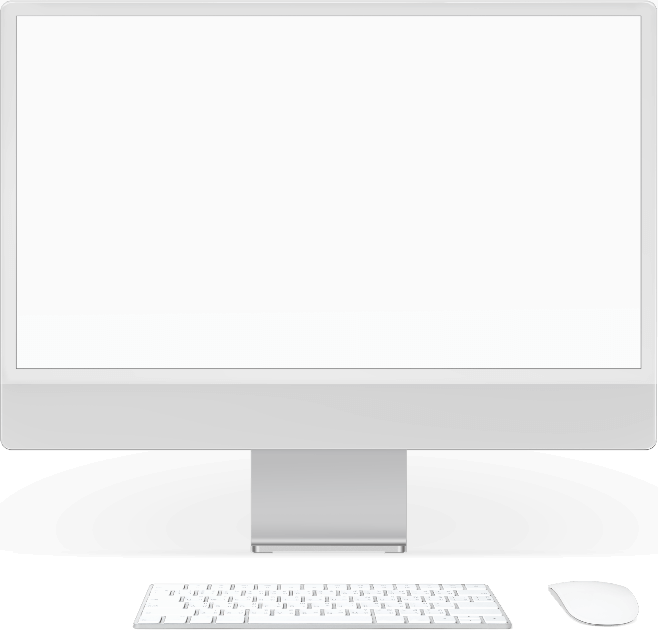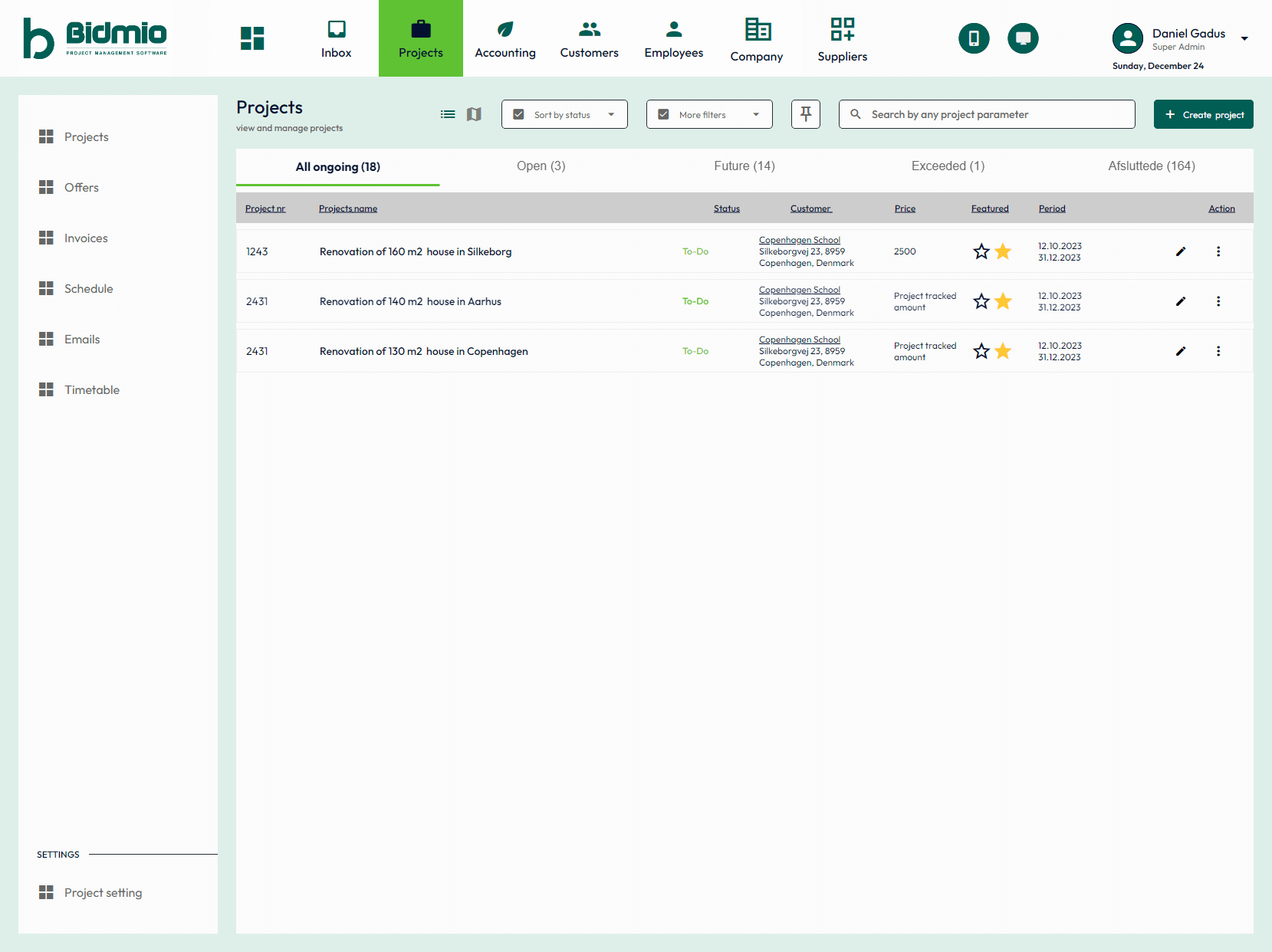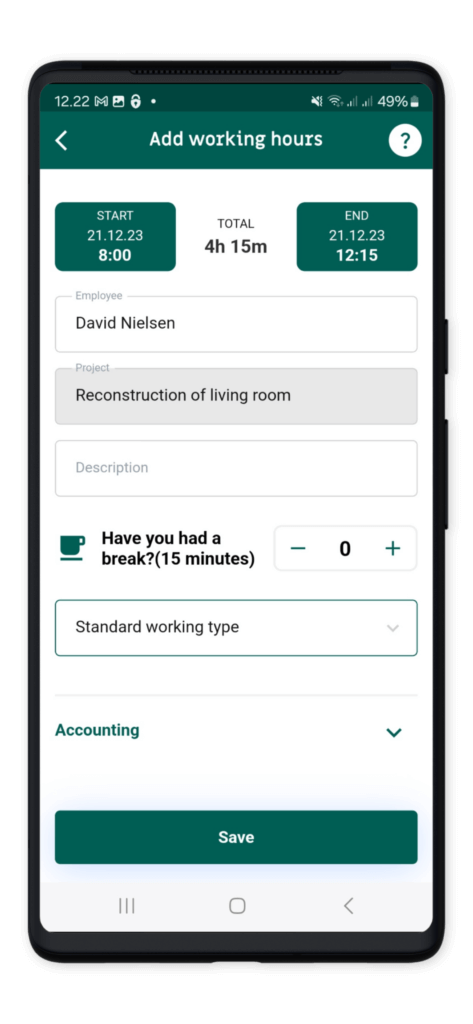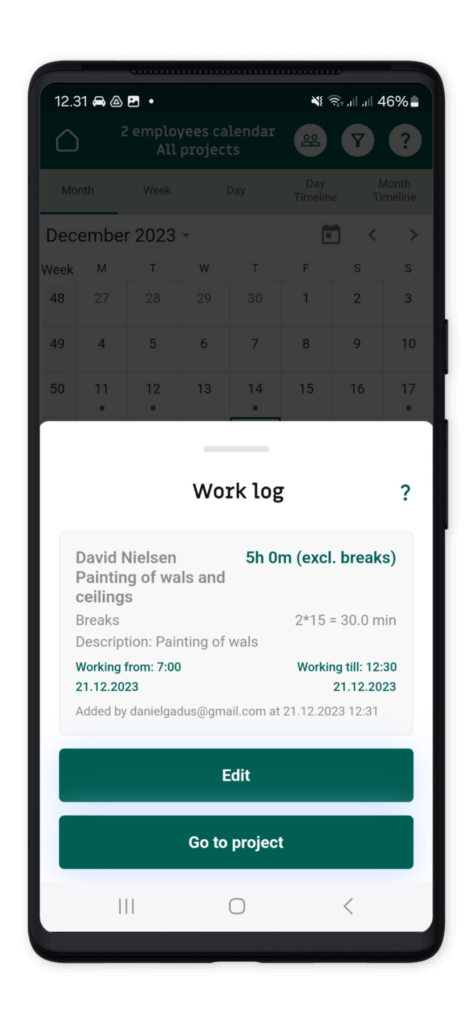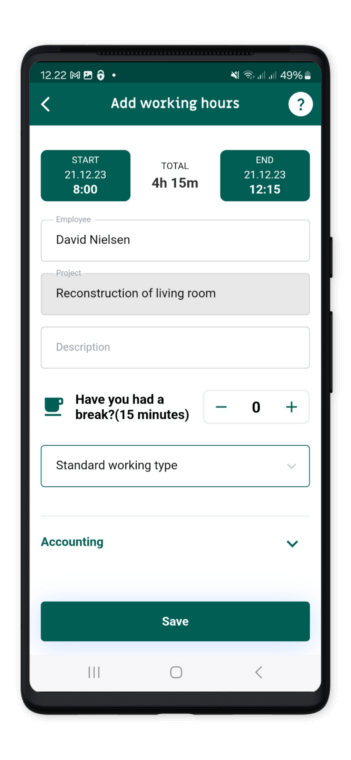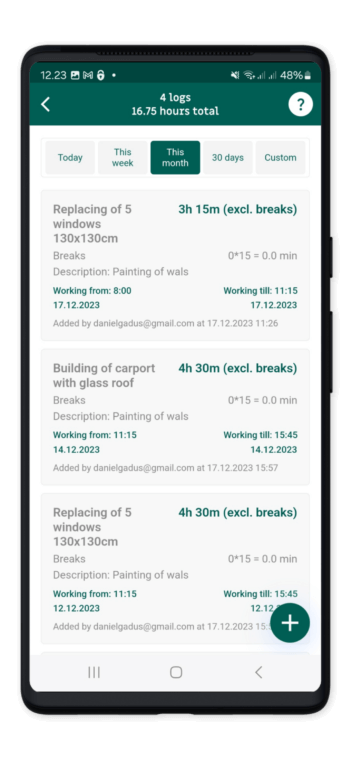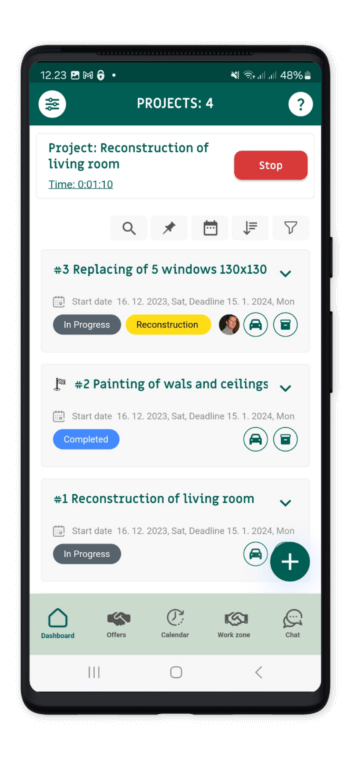Time tracking is a method used to record the amount of time spent on tasks or projects. It is a critical tool for project management, personal productivity, and organizational efficiency. Time tracking can be done manually through logbooks or spreadsheets, or automatically using specialized software. This article explores what time tracking is and its advantages.
Definition and Purpose of Time Tracking
Time tracking involves the process of recording and analyzing the time spent on various activities. Primarily used in a professional context, it helps in monitoring work hours, project progression, and employee productivity. It’s especially crucial in industries that bill clients by the hour, like law, consulting, and creative agencies.
Advantages of Time Tracking
-
Improved Productivity: By monitoring how time is spent, individuals and teams can identify areas of inefficiency and take steps to optimize their work processes. This leads to a more productive workflow.
-
Enhanced Project Management: Time tracking provides valuable insights into the progress of projects. It helps managers understand how long tasks take and aids in more accurate project planning and deadline setting.
-
Accurate Billing and Transparency: For businesses that charge by the hour, time tracking ensures accurate and transparent billing. Clients appreciate knowing that they are being billed fairly for the actual work done.
-
Data-Driven Decision Making: The data collected from time tracking can inform strategic decisions, such as staffing requirements, budget allocations, and project feasibility.
-
Employee Accountability and Autonomy: When employees track their time, they become more aware of their work habits and productivity. This accountability can lead to improved performance and a sense of autonomy as employees manage their time more effectively.
-
Work-Life Balance: By tracking time, individuals can ensure they are not overworking and maintain a healthy work-life balance. This is crucial for long-term employee well-being and retention.
Conclusion
Time tracking is more than just a tool for measuring hours; it’s a strategic approach to work management. Its advantages extend from improved productivity and project management to accurate billing, better decision-making, employee satisfaction, and work-life balance. Implementing time tracking, whether in a personal or professional context, can lead to significant benefits and enhanced overall efficiency.


